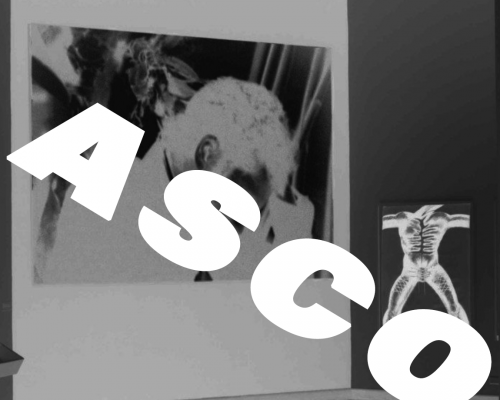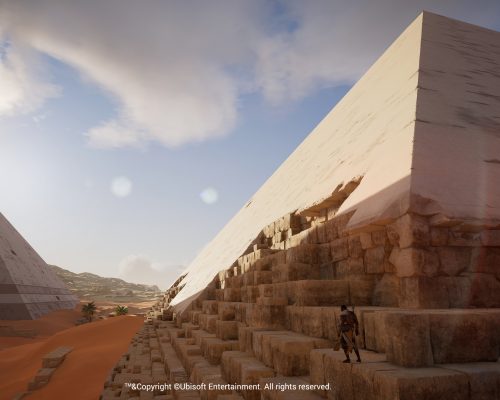Though information institutions have been historically considered to be neutral keepers of information, in actuality archives and archivists wield power over collective memory and national identity. As such, community archives and oral histories are important resources that can be used as tools that disrupt the dominant progress narrative and give light to marginalized histories. Oriented in this critical archival framework,…
Tag: digital humanities
ASCO: Champions of Disruption and Civic Engagement – A Comprehensive Retrospective Analysis
ASCO’s significance within the realm of peripheral art-making during periods of civil unrest cannot be overstated. The collective transcended the confines of traditional artistic spaces, pioneering a movement that challenged societal norms and redefined the boundaries of artistic expression. Existing for over 15 years, ASCO operated outside the established structures of the LA gallery market, utilizing their elusiveness to cultivate…
The Increasing Gamification of Assassin’s Creed: Discovery Tour
Since its debut in 2007, the Assassin’s Creed video game franchise has been creating digital representations of historical cities. Ubisoft, the developer, has hired historians to ensure an accurate portrayal. Despite its academic potential, the violent themes in the game have prevented it from being a teaching tool. In 2017, Assassin’s Creed launched the Discovery Tour. This is a mode…
Kinolab: A Digital Humanities Project Review
Beginning with pioneering projects in the late 2000s, digital humanities—historically dominated by text scholarship—has increasingly expanded into film studies. Scholars interested in applying analytical methods such as distant reading to audiovisual materials are developing annotation tools unique to film, in contrast to the Text Encoding Initiative (TEI) used for written texts. Led by principal investigator Alison Cooper, the digital humanities…
Beyond Scansion: Exploring Holistic Prosody Analysis through Digital Humanities Tools
Prosody, the subtle art of sound and rhythm in language, plays a central role in the experience of poetry. It imparts musicality, emotional resonance, and layers of meaning to verses. Traditional prosody analysis focuses on scansion, which parses metrical patterns and stressed syllables in a text format, but often overlooks the nuanced musicality unique to poetry. In the digital age,…
Event Review: Queer Digital Humanities, College of William and Mary
This event was the opening panel at the Race, Memory, and Digital Humanities Conference. The panel was hosted by the College of William and Mary, and the speakers were Alexis Lothian, Leisa Meyer, and Amanda Philips. The panel started with a twenty minute slideshow presentation by Meyer on her work with the LGBTIQ Research Project, and was followed by a…
Machine Learning: A Primer: A DH Review
Machine Learning: A Primer Speaker: Achim Koh CUNY Graduate Center Today, many critics push to make our algorithmic world transparent, to remove the cover on “black box” machines and expose and deconstruct the systems by which these computers run. The scope of this feat, itself, appears daunting, algorithms lain in dense webs and expressed in arcane and protected jargon, yet…
Protected: New York Public Library Initiatives in Makerspaces, Publishing, and Community Creation
There is no excerpt because this is a protected post.
“Digital Accessibility and the Making of a Meta Maker Movement” A Talk by Dr. Joshua Miele hosted by GC Digital Initiatives at The Graduate Center, CUNY on Thursday, October 20, 2016
On Thursday, October 20 at 6:30pm, Dr. Joshua Miele, of the Smith-Kettlewell Eye Research Institute, gave a talk on “Digital Accessibility and the Making of a Meta Maker Movement” at the Graduate Center, CUNY. Dr. Miele was invited by GC Digital Initiatives to discuss the fundamental understanding of accessibility within the maker movement, and the work he and his team has done to provide blind makers the necessary tools and resources they need to help design their own tools in order to engage in the maker movement. Dr. Miele emphasised the significance of collaboration between blind and sighted people, and the inclusion of blind people throughout the design process and in the management and running of an accessible makerspace.



